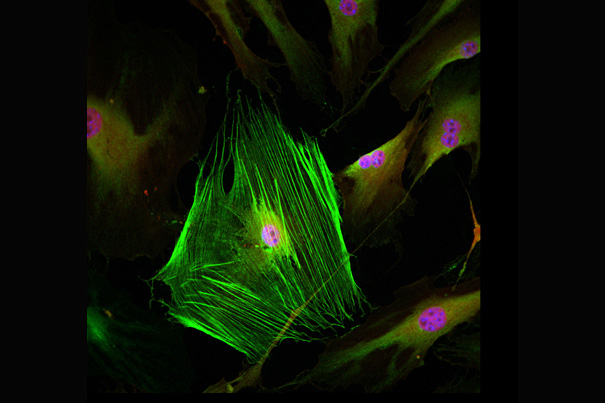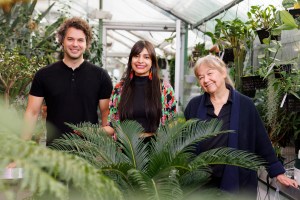Health
-
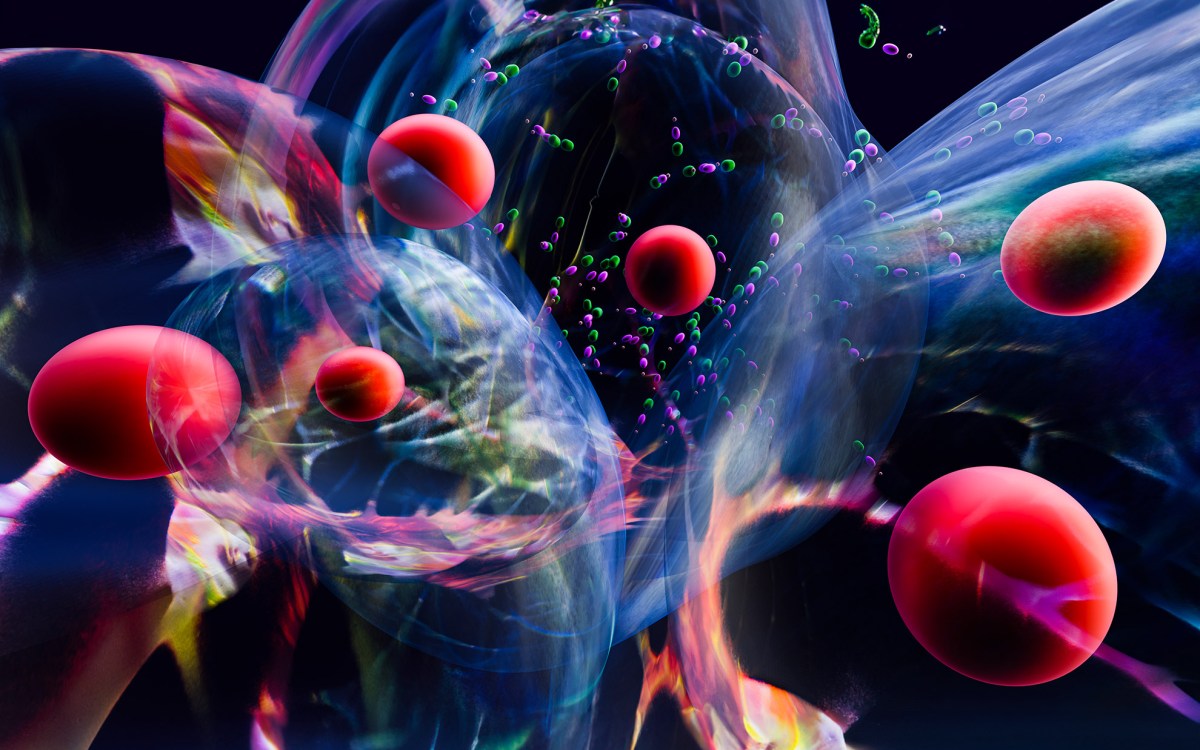
Break in the case for long COVID investigators
Research highlighting chronic inflammation opens path to treating illness that affects millions of Americans

-

The problem with the school smartphone debate
Study finds most districts already regulate devices. Is the real issue enforcement?

-
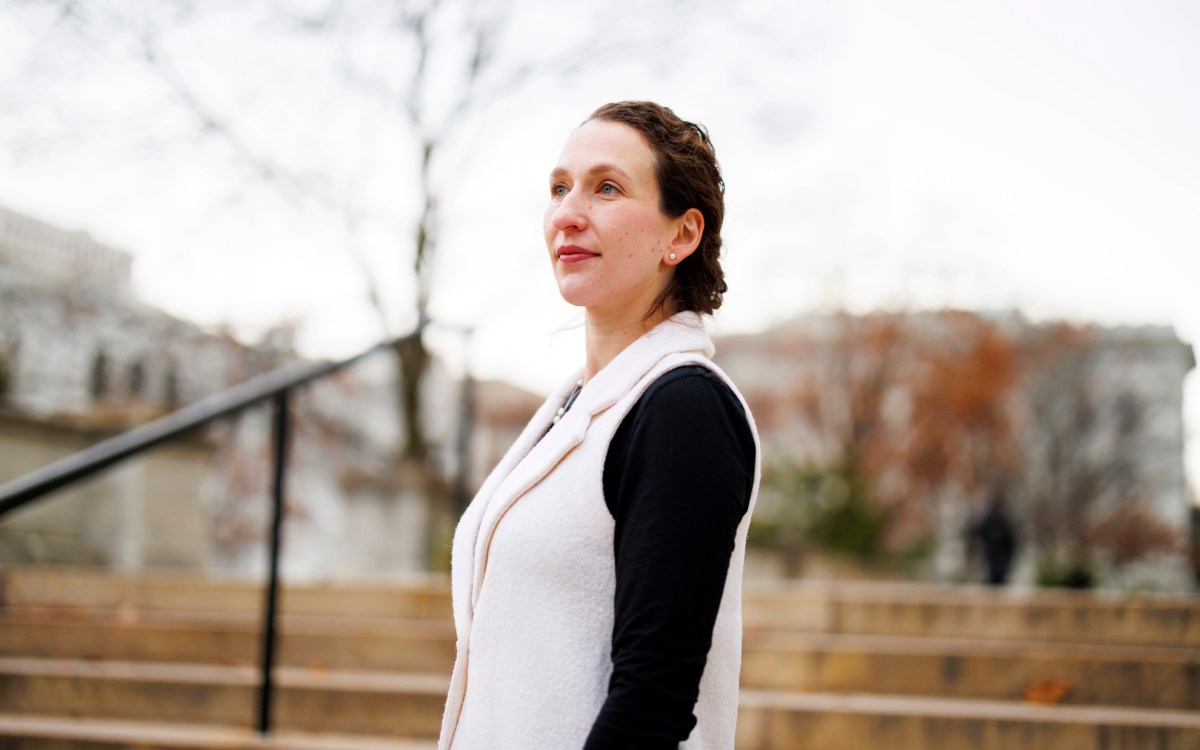
Just who gets a say at FDA public drug-approval hearings?
New research shows negative voices are relatively rare in drug approval hearings.
-

Your digital twin might save your life
AI, statistics offer new possibilities for personalized medicine
-
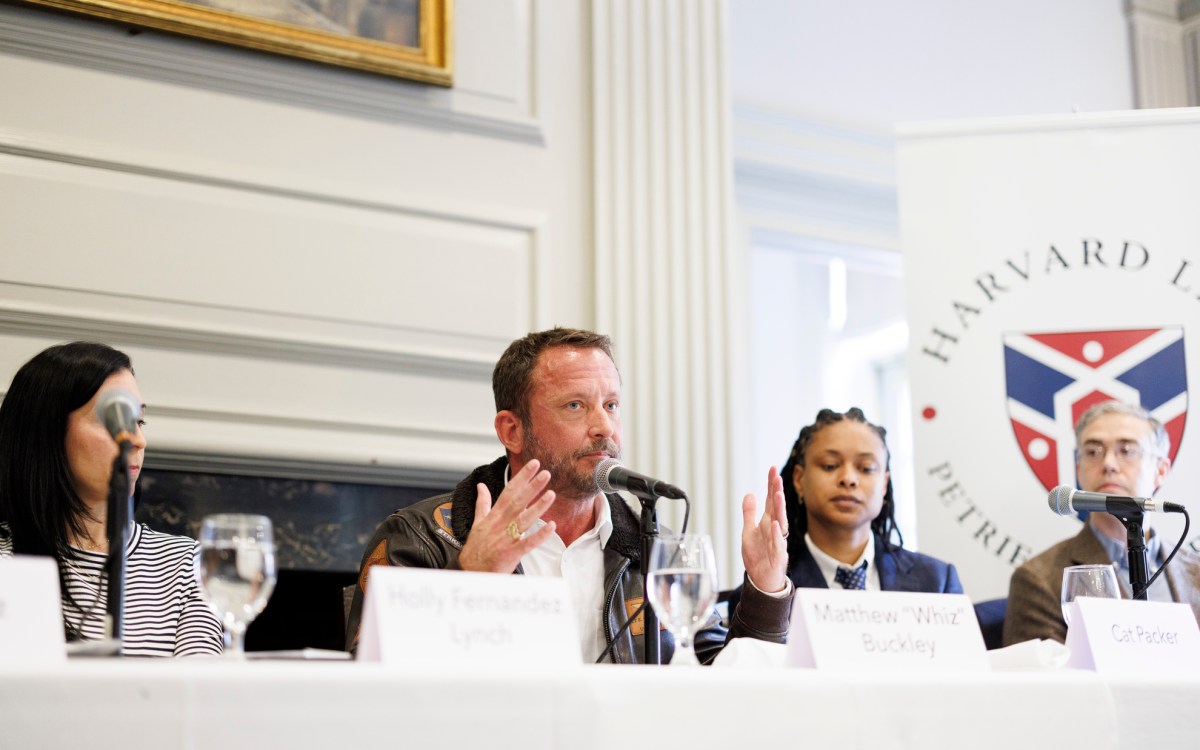
Time to legalize psychedelics?
Campus debate weighs therapeutic need vs. safety questions
-

How a toxin from the gut microbiome may help spark colorectal cancer
Findings suggest colibactin may be promising target for disease prevention

-
Pinpointing danger in hypertension
A Harvard endocrinologist was senior author on a study pinpointing the precise high blood pressure level and critical time when intervening was tied to a decrease in the risk of death.

-
Twice doomed?
Growing evidence points to a role for volcanoes in dinosaur extinction, said planetary scientist Mark Richards in a Harvard lecture.
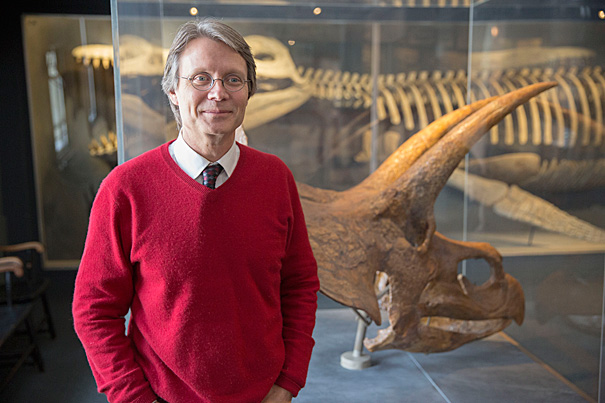
-
Unlocking fat
A study by Emily Groopman ’14 shows that cooking helps to unlock the calories in fatty foods.

-
Walk like a man
The fossilized hipbone of an ape called Sivapithecus is raising a host of new questions about whether the upright body plan of apes may have evolved multiple times.
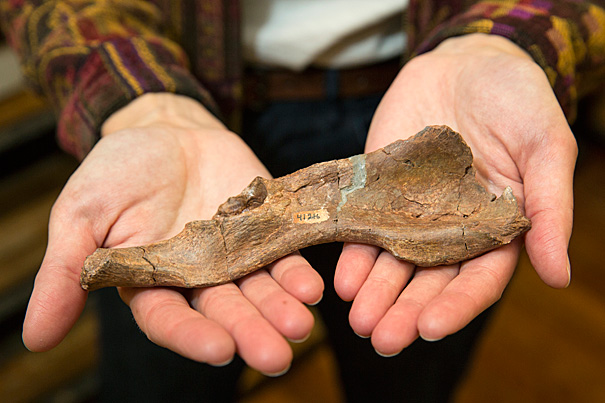
-
Harvard’s Odyssey unlocks big data
Harvard faculty and researchers are using big data to answer society’s most challenging questions, and doing it with the help of FAS Research Computing (FASRC). Founded in 2007, FASRC had one goal: to provide Harvard faculty, students, and staff with leading-edge computational resources.
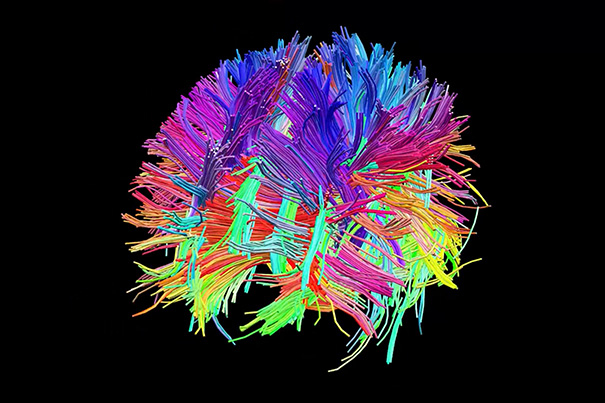
-
Vitamin D protects some against colorectal cancer
A new study by investigators at Dana-Farber Cancer Institute demonstrates that vitamin D can protect some people with colorectal cancer by perking up the immune system’s vigilance against tumor cells.

-
Imaging captures how blood stem cells take root
Harvard-affiliated researchers have provided a see-through zebrafish and enhanced imaging that offer the first direct glimpse of how blood stem cells take root in the body to generate blood.
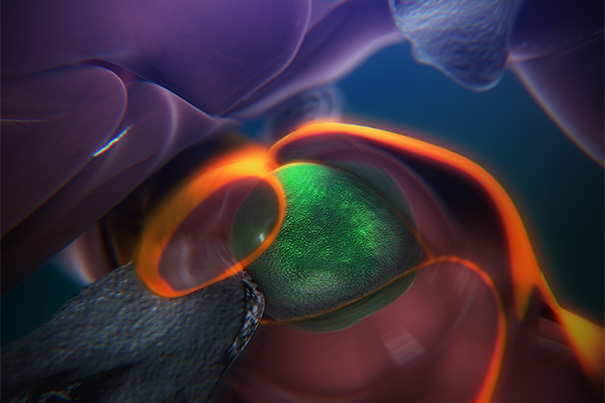
-
Steering stem cell trafficking into pancreas reverses Type 1 diabetes
Harvard researchers at Brigham and Women’s Hospital have uncovered a way to enhance and prolong the therapeutic effects of mesenchymal stem cells in a preclinical model of Type 1 diabetes.
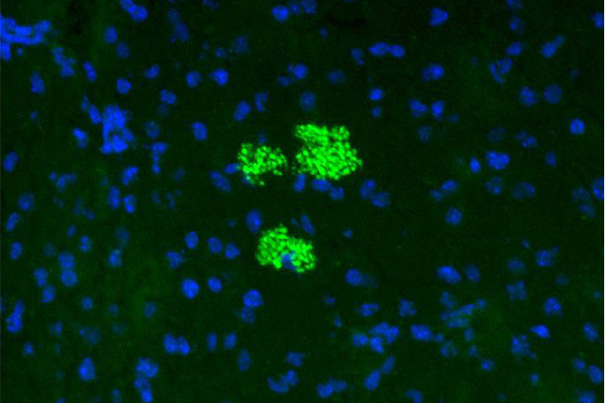
-
Breakthrough on chronic pain
Imaging study finds the first evidence of neuroinflammation in brains of chronic pain patients, which could lead to new, targeted treatments.
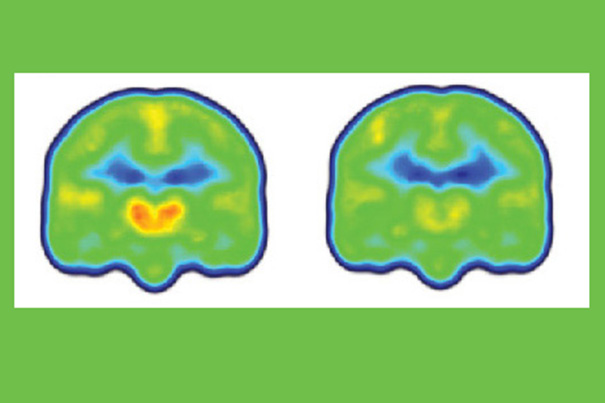
-
Sounding out speech
A new study demonstrates that infants as young as 6 months can solve the invariance problem in speech perception.

-
The divergent skull
New work by Harvard scientists challenges long-standing ideas on skull development in vertebrates.

-
Year born may determine obesity risk
Framingham Heart Study, PNAS Early Edition, Harvard Medical School Investigators working to unravel the impact of genetics versus environment on traits such as obesity may also need to consider a new factor: when individuals were born.

-
Bacteria ‘factories’ churn out valuable chemicals
A team of researchers led by Harvard geneticist George Church at the Wyss Institute for Biologically Inspired Engineering and Harvard Medical School has made big strides toward a future in which the predominant chemical factories of the world are colonies of genetically engineered bacteria.
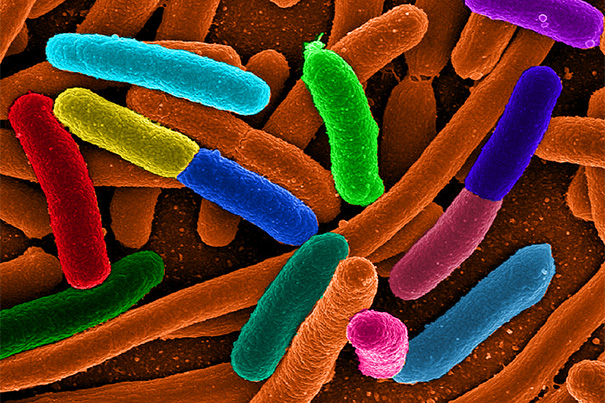
-
Growing support for dietary restriction
A new study led by Harvard researchers identifies a key molecular mechanism behind the health benefits of dietary restriction, or reduced food intake without malnutrition.
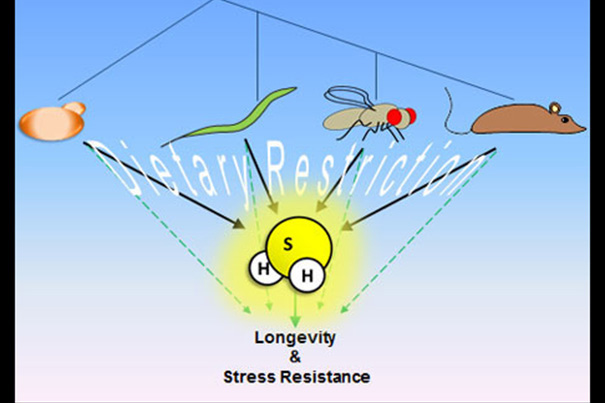
-
Using weights to target belly fat
A Harvard study found that men who did 20 minutes of daily weight training had less increase in age-related abdominal fat than men who spent the same amount of time doing aerobic activities.

-
A cost of culture
A new study, authored by Collin McCabe, a doctoral student in Harvard’s Department of Human Evolutionary Biology, suggests that increased exposure to disease has played an important role in the evolution of culture in both humans and non-human primates.

-
‘Epidemics are optional’
Expanded medical care could greatly reduce Ebola fatalities, says Paul Farmer of Partners In Health.
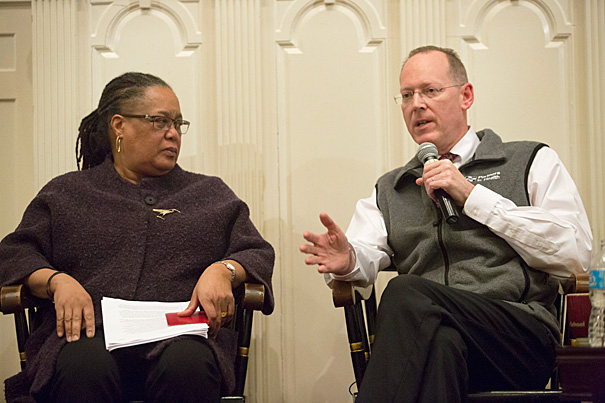
-
Reproductive strategies
When compared with a solitary strategy of producing offspring who then go on to produce their own offspring, a new Harvard study has found that eusociality is a high-risk, high-reward gamble.
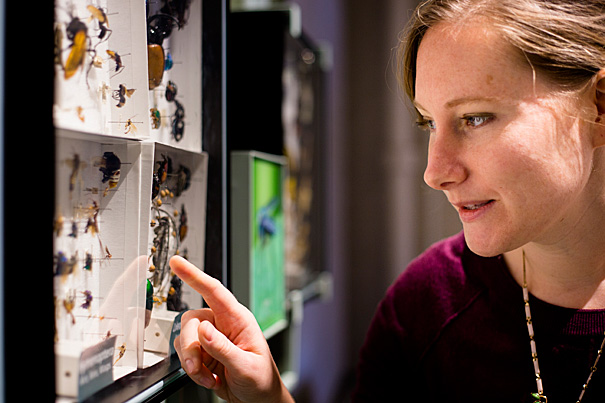
-
A pill to shed fat?
Harvard Stem Cell Institute researchers have taken what they describe as “the first step toward a pill that can replace the treadmill” for the control of obesity.
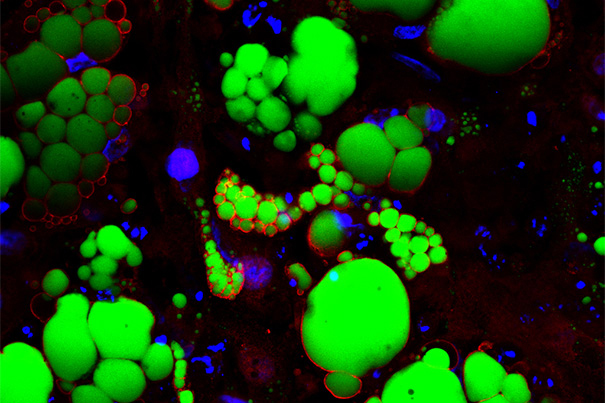
-
Crowdsourcing old journals
Harvard’s Ernst Mayr Library is involved in a collaborative effort to digitize the handwritten journals of ornithologist William Brewster. The collaboration uses crowdsourcing for the transcription and video games as a way to check the work’s accuracy.

-
New parents weigh in on genomic testing
A study by Harvard researchers is the first to explore new parents’ attitudes toward genomic testing on newborns. The findings suggest that if such testing becomes available, there would be an interest among new parents, regardless of their demographic background.

-
Mediterranean diet has marked impact on aging
Researchers at Harvard-affiliated Brigham and Women’s Hospital have found that greater adherence to the Mediterranean diet was associated with longer telomeres, which serve as a biomarker for aging.

-
Precancerous state found in blood
Harvard researchers have uncovered an easily detectable, “premalignant” state in the blood that significantly increases the likelihood that an individual will go on to develop blood cancers such as leukemia, lymphoma, or myelodysplastic syndrome.
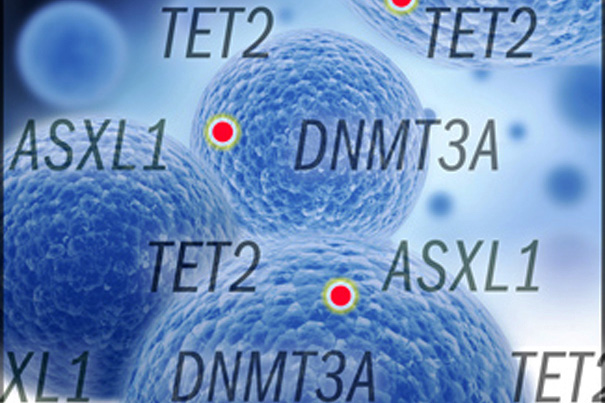
-
Gene test aids cancer profile
A new genetic test developed by Harvard Medical School physicians at the Dana-Farber/Brigham and Women’s Cancer Center checks cells of leukemia and other blood cancers for 95 genetic mutations, providing a quick genetic profile that physicians can use to make treatment decisions.
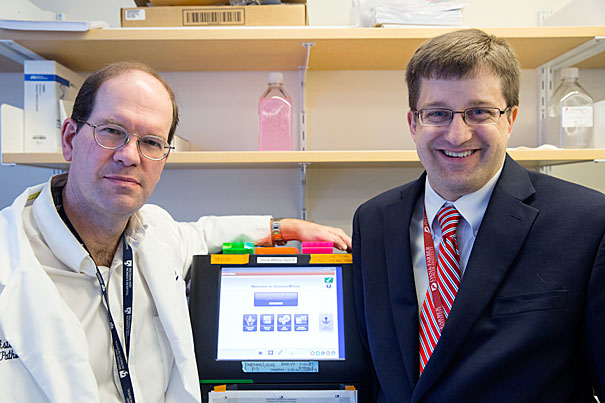
-
Moving forward
The recipient of a bilateral arm transplant and his surgeons appeared at a news conference on Tuesday to thank the donor’s family and to discuss the procedure.
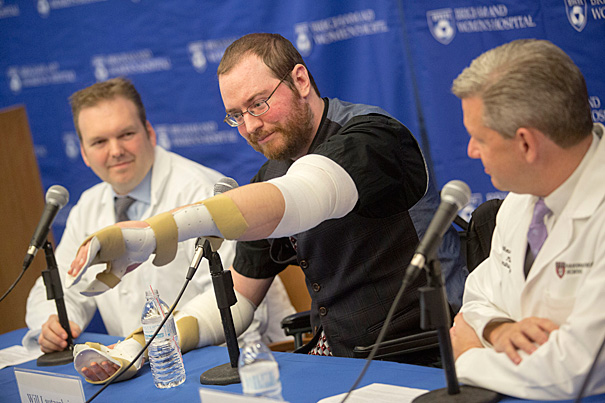
-
Creating pain-sensing neurons
Harvard Stem Cell Institute researchers at Boston Children’s Hospital and Harvard’s Department of Stem Cell and Regenerative Biology have successfully converted mouse and human skin cells into pain-sensing neurons that respond to a number of stimuli that cause acute and inflammatory distress.
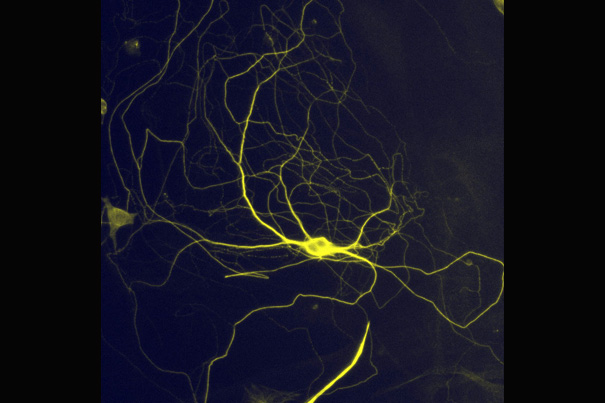
-
Improving the odds of beating opioids
Harvard-affiliated researchers have found that a monthlong residential program could be better than standard-of-care outpatient programs in helping young adults stay drug-free.
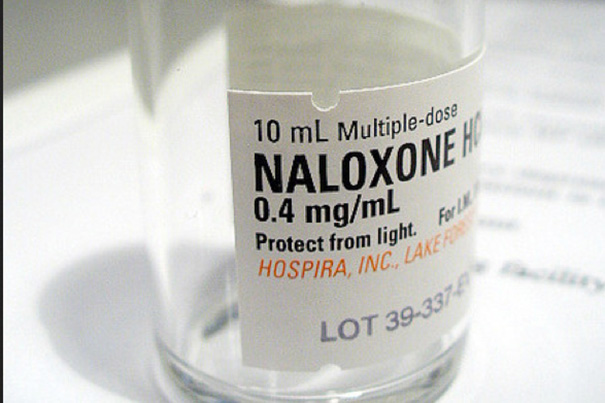
-
Tracking the Sandman
Investigators at the Harvard-affiliated Massachusetts General Hospital have developed a system to accurately track the dynamic process of falling asleep, something that has not been possible with existing techniques.
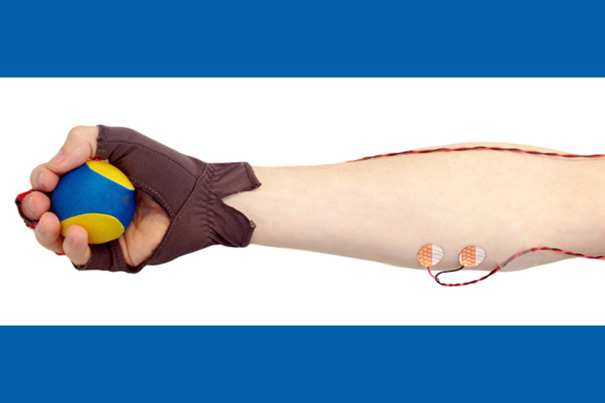
-
Smoke and fire
Vaughan Rees of the Harvard T.H. Chan School of Public Health shares his thoughts on the intense debate in Westminster over a push to ban tobacco sales. The ban was defeated, but the battle is not yet over.
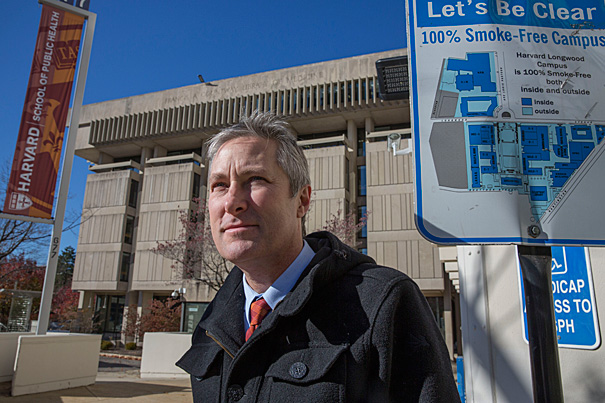
-
The cellular origin of fibrosis
Harvard Stem Cell Institute scientists at Brigham and Women’s Hospital have found the cellular origin of the tissue scarring caused by organ damage associated with diabetes, lung disease, high blood pressure, kidney disease, and other conditions.
